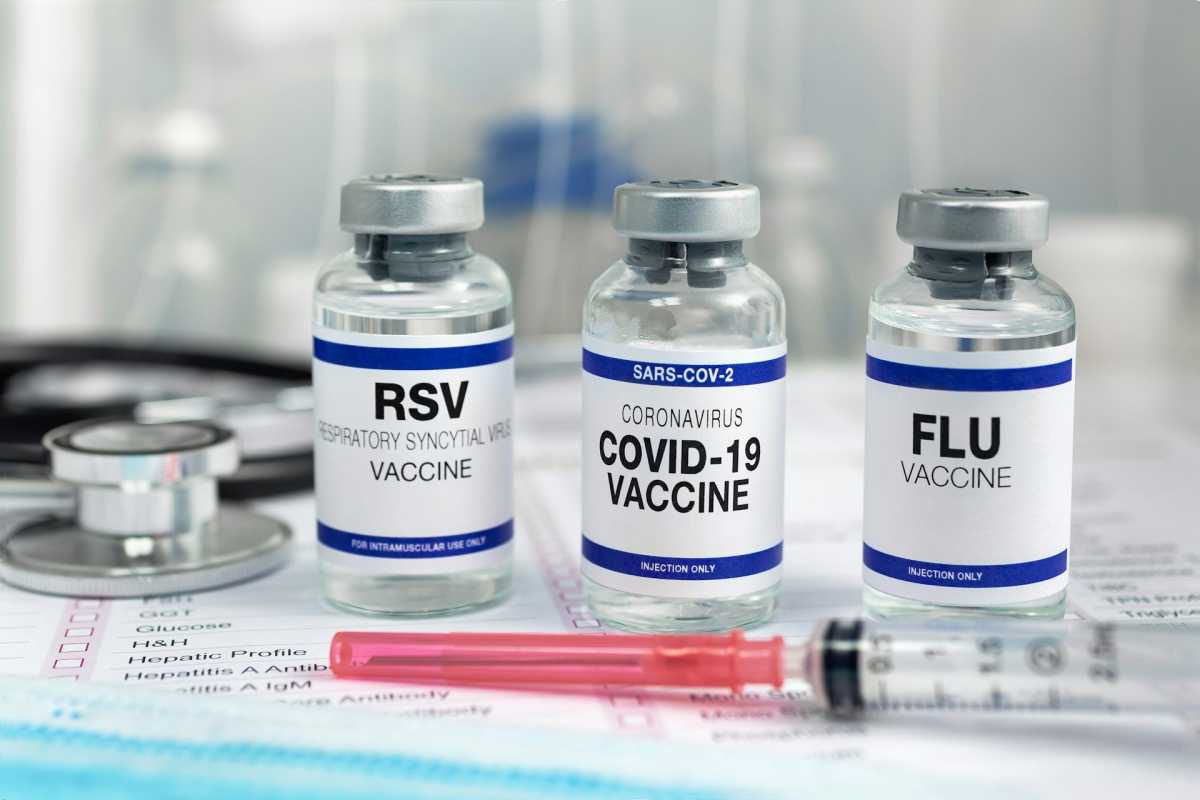Health
RSV Vaccine Approved for Use in Australia for the First Time

Australia has officially approved a vaccine for respiratory syncytial virus (RSV), marking the first time such a vaccine has been authorized for use in the country. The Therapeutic Goods Administration (TGA) has given the green light to AREXVY, a protein-based vaccine manufactured by GlaxoSmithKline, for individuals aged 60 and over. RSV is a highly infectious respiratory illness that can be fatal, and last year, over 25,000 older Australians were diagnosed with the disease.
Lisa Loader, an Adelaide grandmother, recalls her terrifying experience with RSV after caring for her three-year-old grandson in August 2022. The 59-year-old retiree, who also lives with asthma, described the illness as the “most scary, horrible” she had ever experienced. Even 18 months later, she still experiences shortness of breath. RSV can result in serious illness, particularly for young children, the elderly, and those with weakened immune systems. It can cause chest infections such as bronchiolitis and pneumonia and exacerbate asthma symptoms.
Dr. Anita Sharma, a Brisbane-based general practitioner, explains that RSV is spread through contact with droplets from infected individuals coughing or sneezing, as well as from touching contaminated surfaces. While most cases are mild, the infection can be serious for older individuals, especially those with underlying health conditions. Patients above the age of 60 or with comorbidities such as diabetes, heart failure, or chronic obstructive pulmonary disease (COPD) can develop bronchitis, pneumonia, or require hospitalization or intensive care.
The newly approved RSV vaccine, AREXVY, works by boosting the immune response to the virus and is expected to prevent serious infections. University of South Australia epidemiologist Adrian Esterman highlights the efficacy of the vaccine, stating that it is around 90% effective at reducing severe lung disease in the elderly. The vaccine blocks the virus’s ability to attach to cells, protecting individuals from the infection. Professor Esterman hopes that a separate RSV vaccine approved for pregnant women in the US will also be made available in Australia to provide protection to newborn babies.
GP and Immunisation Coalition chairman, Rodney Pearce, welcomes the approval of the vaccine, emphasizing the lack of available treatment for RSV and the potential to reduce associated hospitalizations. He further suggests that preventing RSV may also lead to a decrease in asthma cases. GlaxoSmithKline aims to have the vaccine included in Australia’s National Immunisation Program (NIP). However, this will require a positive recommendation by the Pharmaceutical Benefits Advisory Committee (PBAC), followed by government consideration.
According to a spokesperson for GlaxoSmithKline, the price of the vaccine through private prescription has not been disclosed yet, but discussions are ongoing regarding supply. As for the eligibility and availability of AREXVY under the NIP, the Department of Health spokesperson mentions that the vaccine needs to be recommended by the PBAC before it can be included in the program. At this stage, the PBAC has not received a submission for AREXVY.
Lisa Loader, who experienced a severe case of RSV, is eager to receive the vaccine as soon as possible. Reflecting on her own frightening ordeal, she stresses the importance of vaccination to avoid the uncertainty of how the illness may affect individuals. The approval of the RSV vaccine marks a significant milestone in protecting older Australians from severe respiratory infections and potentially preventing related hospitalizations.












